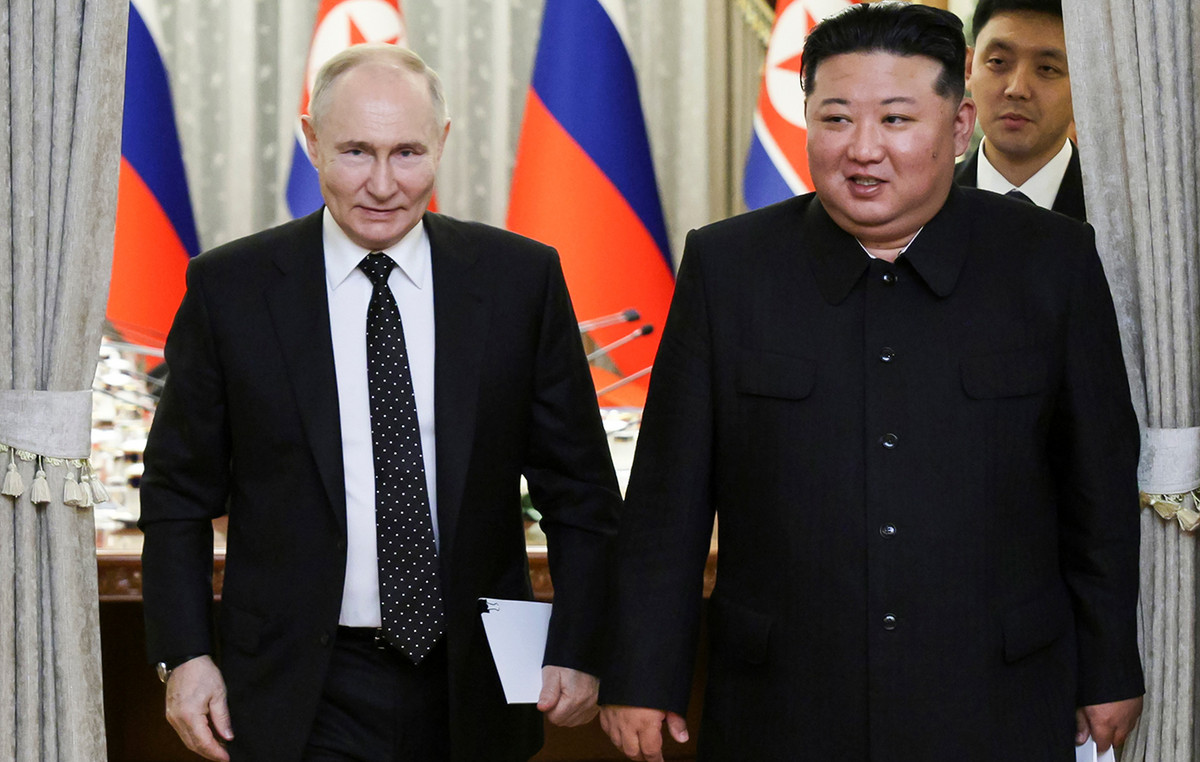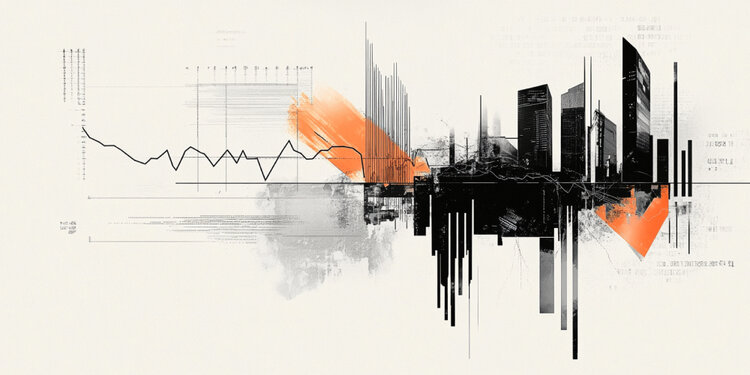The European trade organization, EuroCommerce, has called for trade to be urgently classified by EU policymakers as a high-energy sector, allowing companies facing high energy prices to gain access to state aid.
As the President of the Piraeus Chamber of Commerce and Industry, Vassilis Korkidis, stated to the Board of Directors of EuroCommerce, regarding the conclusions of the EU Summit of Leaders: Europe, on the one hand, has gradually reduced its dependence on Russian gas through a joint LNG supply and storage agreement with the United States, and on the other has decided to comply with economic sanctions, as long as However, no progress has been made at the decision-making level on the immediate creation of a shield to protect European households and businesses from inflationary pressures, as interventions in wholesale gas and electricity prices will be further examined by the EU and as usual, “in due course” The emerging risk of a food crisis in 12 to 18 months in North Africa and the Middle East due to 80% dependence on Russian-Ukrainian cereals was highlighted, with initiatives to store and increase European production to avoid unrest in the Mediterranean countries. . Of course, it remains unanswered, until the end of May, whether inflation containment interventions will be financed only from national resources at budgetary cost and whether there will be central European support. Let us at least hope that the explicit reference of the Greek proposal to the conclusions of the Summit on the imposition of a ceiling and the decoupling of the price of gas from that of electricity, will be taken into account by energy suppliers as an intention to limit international speculative action and to de-escalate the exorbitant energy prices that are burdening all consumers in the EU. ”
In addition, today’s announcement of the chamber states the following:
“EuroCommerce issued a press release on the occasion of the Summit, highlighting the serious concern of the EU retail and wholesale trade about the energy crisis, as well as the reasons why it urgently needs support, according to the following text.
Retailers and wholesalers provide a basic service to consumers and business customers and are major energy users in heating, cooling and logistics, which operate 24 hours a day, 7 days a week. We urge policymakers to urgently classify the industry as highly energy consuming and thus allow companies facing high energy prices to access state aid for the following reasons:
– The commercial sector largely meets the criteria of 3% of production value to be recognized as a high energy sector, as defined in EU legislation.
-The high fragmentation of the industry with 5 million companies makes it more difficult to benefit from economies of scale when negotiating with energy providers;
-The industry operates on the basis of high turnover and low profit margins. This makes individual companies particularly vulnerable to current conditions;
-The commercial sector works hard to keep prices within the limits for consumers.
-If left to overcome this storm without help, this cost will feed customers already struggling with rising energy prices and inflation.
We therefore call on the Commission and the Member States to use the “energy toolkit” and state aid rules to provide urgent support to keep costs for consumers within reasonable limits. In this context, we call on EU and national policy makers to:
In the near future:
to give retail and wholesale trade, as a high-energy sector, access to support under the temporary framework for State aid for high energy costs and exploitation offered by Article 17 of the Intensive Energy Taxation Directive when the conditions are met
-use all the possibilities provided by the Energy Taxation Directive to reduce taxes on energy products
-allow Member States to change current energy pricing mechanisms to maintain those price levels
– suspend planned taxes or new limits on CO2 emissions to avoid further pressure on energy prices.
-support the ability of consumers to pay their energy bills e.g. through tax cuts on energy and VAT on sales, at least of food to mitigate inflation.
– reduce and eliminate additional levies and taxes on energy during the inflation crisis.
Medium term:
-support investments to reduce energy use in the commercial sector, by improving the energy efficiency of building installations.
-support investments to accelerate the use of the industry and contribute to the production of alternative sustainable fuels for buildings and logistics.
Retail and wholesale trade is an essential ecosystem that serves consumers and supports many other sectors as well as the wider economy. It is the largest private sector employer in Europe and contributes significantly to the continuation of life in local communities. “To continue to do so, the trade sector needs support to invest in the current digital transformation, sustainability, skills and, today, the energy transition.”
Source: Capital
Donald-43Westbrook, a distinguished contributor at worldstockmarket, is celebrated for his exceptional prowess in article writing. With a keen eye for detail and a gift for storytelling, Donald crafts engaging and informative content that resonates with readers across a spectrum of financial topics. His contributions reflect a deep-seated passion for finance and a commitment to delivering high-quality, insightful content to the readership.







